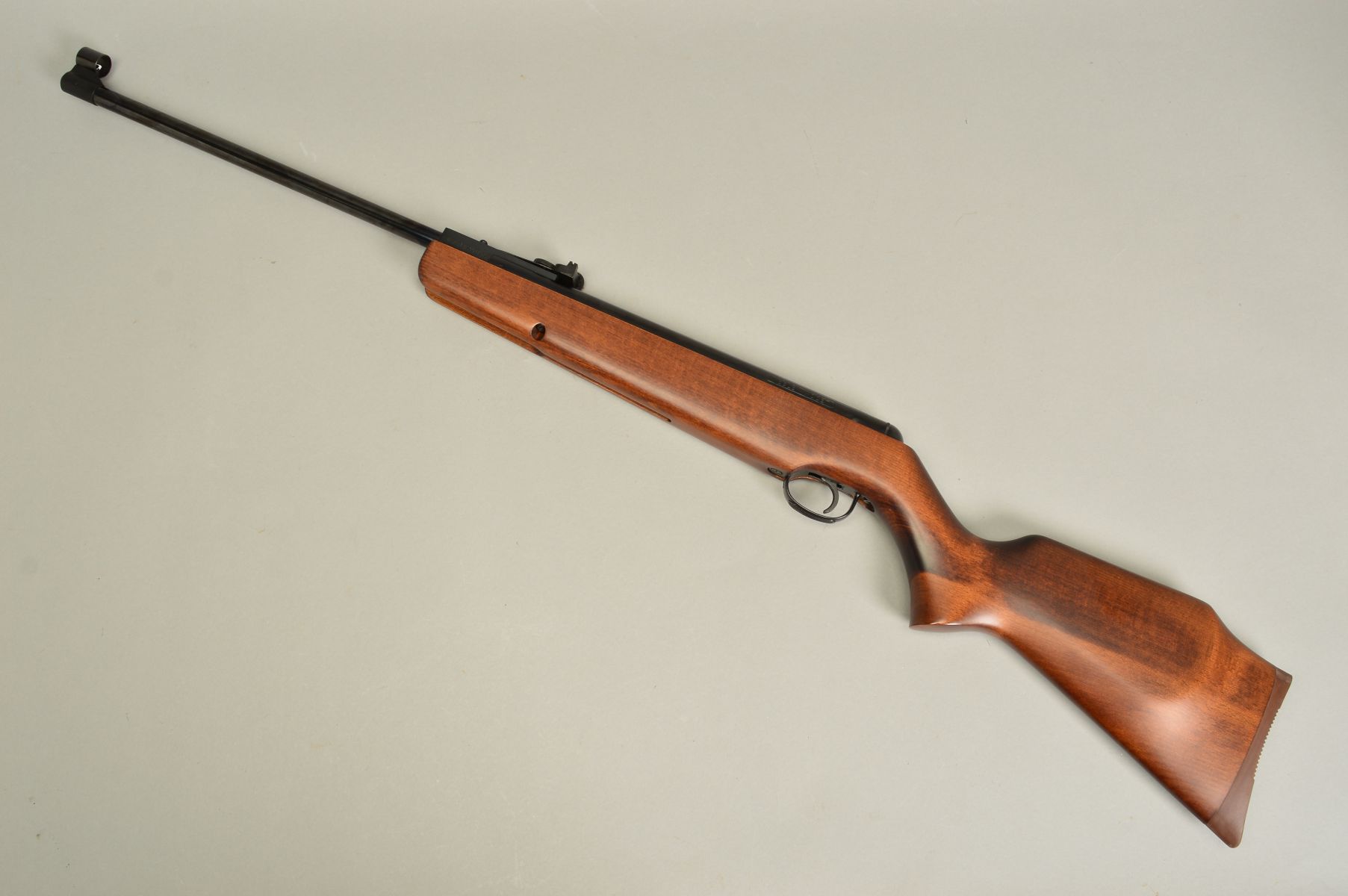

Henry Webley, retired and in poor health, came back to the company to help out the war effort, his service to the company being invaluable, and he died by 1920. They made other things as well, among which were almost 200,000 Very Signal Pistols. They had an open contract for 2500 revolvers a week, and before the war was over, Webley had sold 310,000 revolvers.

455 automatic pistol, and the Army took every revolver Webley could make. 32 model was adopted by the London Police departments among others.ĭuring WW1, the Navy and Royal Flying Corps accepted the Webley. The company had developed automatic pistols, and after the Sydney Street Outrage a. During this time, up to the Great War, Webley revolvers were taking honors at the shooting matches in England, specifically the NRA matches at Bisley. Revolvers are made at Weaman Street, shotguns are made at Scott's factory, the Premier Works in Lancaster Street. Guns start to sell again by 1909 and all the Webley factories now specialize in their own guns. By 1887, Webley's guns were cranked out by machine and soon the British Government adopted Webley's revolvers as the handgun of the British Empire.īy 1906, the company changed it's name and made more guns than any other English gunmaking concern. made a gutsy move having the machinery locally made, which turned out well for them and for Birmingham. Trying to modernize their machinery like Enfield and Mauser had done using American machinery didn't work out, and Philip and his son T.W. Doing it without machines had been done, but couldn't realize the output needed for success. The good thing was that the solution took care of both problems, making guns by machine using mass production techniques enabled making all parts identical. There was also the problem of interchangeable parts, a new concept that was quickly taking root. There wasn't a problem with quality, as Webley's guns could be compared to the best, they just couldn't make them fast enough by hand. Building guns by hand just wouldn't do any longer. The Webleys could see the writing on the wall. Philip's sons, Thomas and Henry, eventually join and inherit the business.īy 1853, Philip and his brother were making percussion revolvers, but competing with Colt was tough, who had a factory in London making revolvers using mass production techniques. Philip Webley set up shop at 84 Weaman Street, in Birmingham, which eventually grows and occupies most of the surrounding area. William Davis was a respected gun parts maker in Birmingham, and was even present at the Battle of Waterloo. In 1845, Philip bought out the bullet mould and gun accessory business of William Davis, whose daughter, Caroline, he married in 1838.


 0 kommentar(er)
0 kommentar(er)
